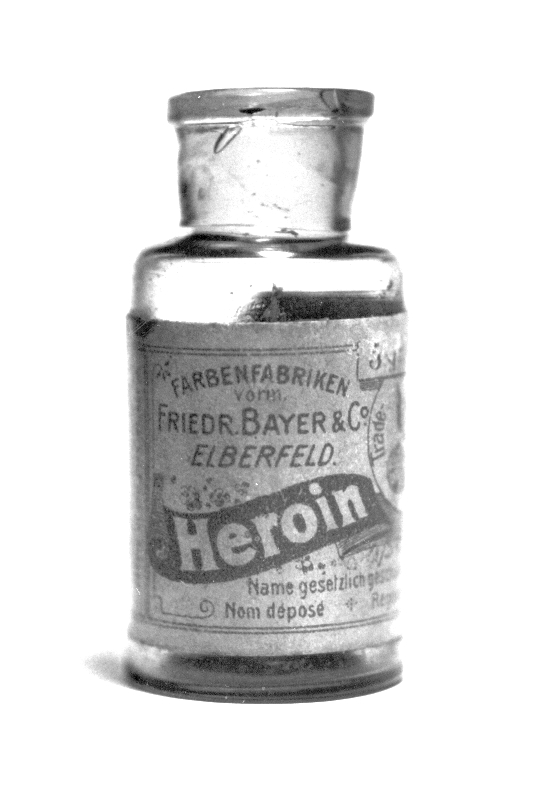The following excerpt is from an article at Gizmodo: "Alcohol Is Killing More Americans Than Ever."
More and more Americans are drinking themselves to death. A new study this week finds there were around 72,000 alcohol-related deaths among people over the age of 16 in 2017—more than double the number of similar deaths recorded two decades earlier.
When an airplane crashes, killing 200 people, we get upset and we demand to know how airplanes can be made more safe. When the equivalent of 360 airplanes filled with people die of alcohol use each year, we shrug. We shrug even though every one of these alcohol deaths affects many other people, including members of the dead person's immediate family. We shrug even though for each death, there are many living alcoholics out there destroying precious relationships they used to have with their loved ones.
Gizmodo based its article on
a study published January 7, 2020. Here is an excerpt:
The number of alcohol‐related deaths per year among people aged 16+ doubled from 35,914 to 72,558, and the rate increased 50.9% from 16.9 to 25.5 per 100,000. Nearly 1 million alcohol‐related deaths (944,880) were recorded between 1999 and 2017. In 2017, 2.6% of roughly 2.8 million deaths in the United States involved alcohol. Nearly half of alcohol‐related deaths resulted from liver disease (30.7%; 22,245) or overdoses on alcohol alone or with other drugs (17.9%; 12,954). . . . The largest annual increase occurred among Non-Hispanic White females. Rates of acute alcohol‐related deaths increased more for people aged 55 to 64, but rates of chronic alcohol‐related deaths, which accounted for the majority of alcohol‐related deaths, increased more for younger adults aged 25 to 34

